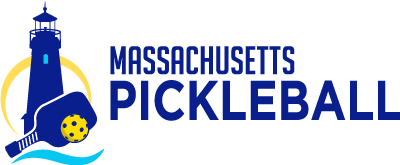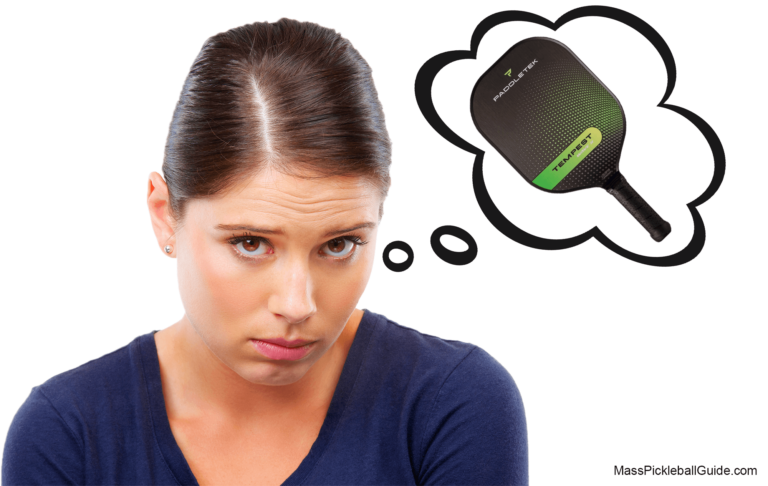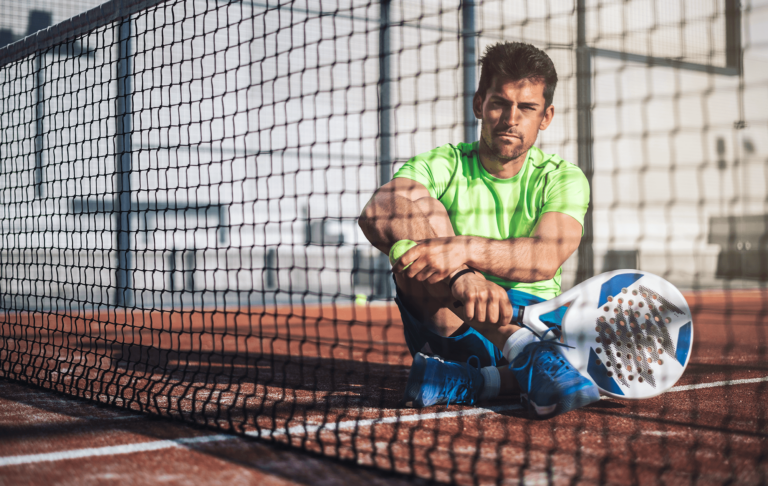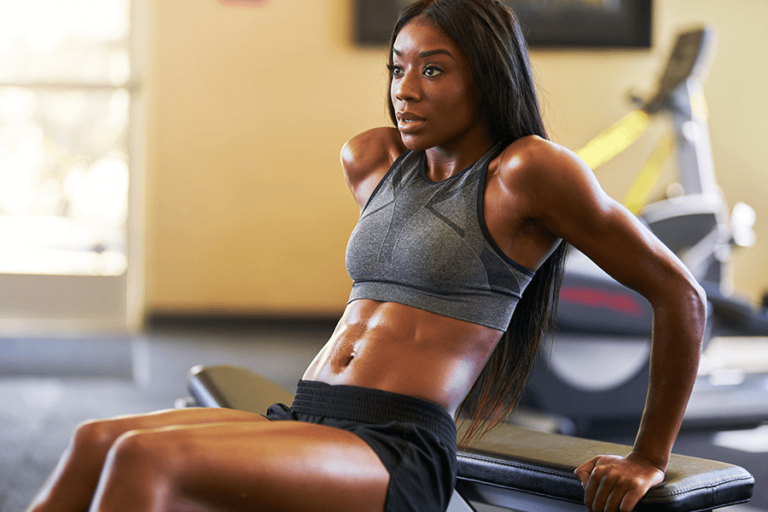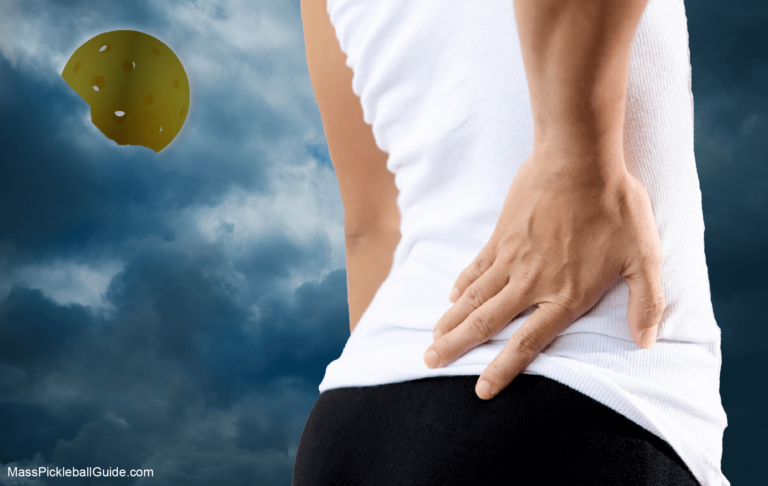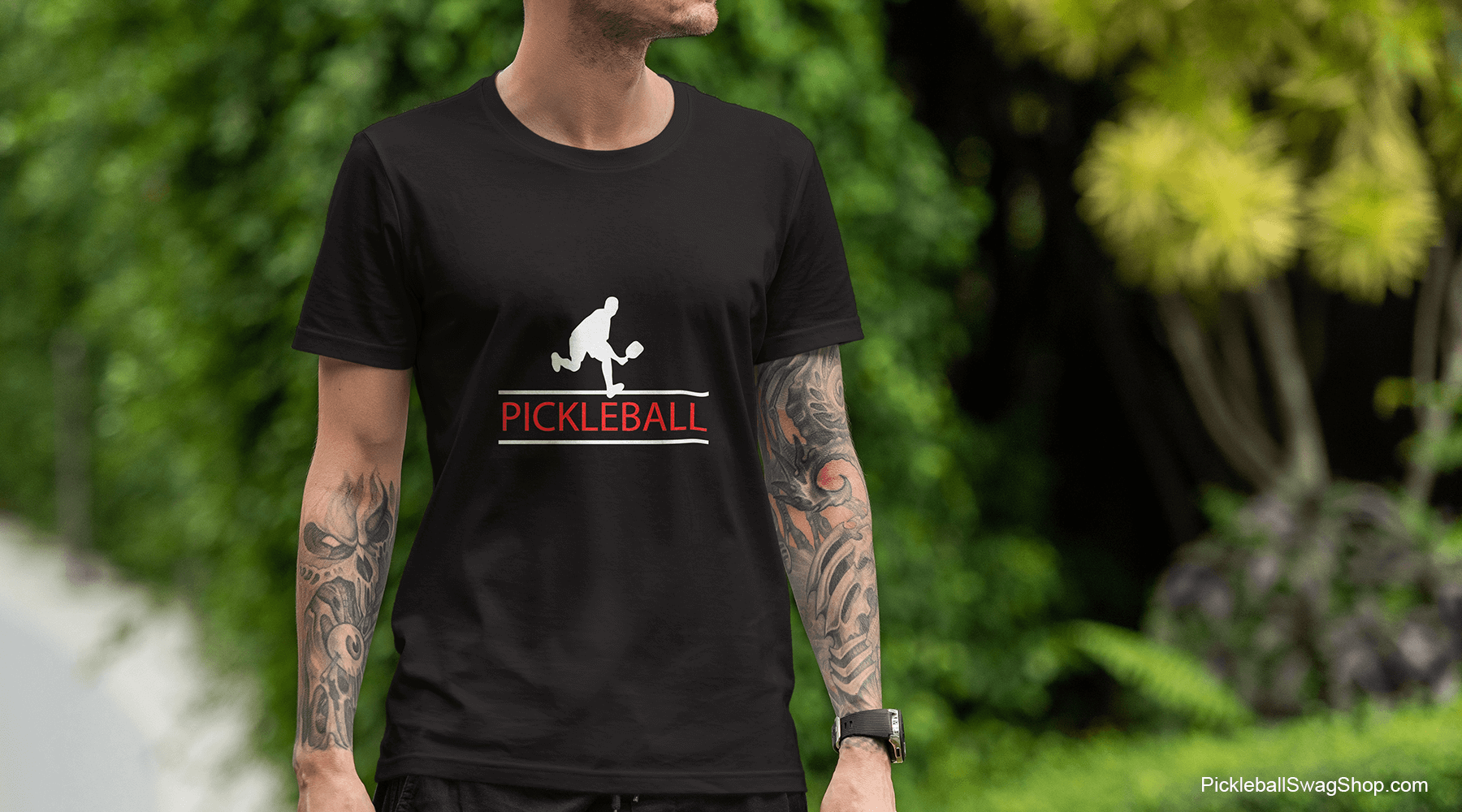OWL Pickleball Paddle: Quieter Pickleball or Just Hype?
have they done it?
Introducing the OWL Paddle: A Game-Changer in Pickleball
Communities are increasingly implementing noise ordinances and restrictions on pickleball courts due to the growing frustration over the distinctive ‘pop’ sound the game produces. This increase in regulation reflects a rising concern among residents about the impact of this noise on their daily lives.
So what’s the solution?
There’s a groundbreaking solution to this problem: Developed by OWL Sport, this innovative paddle boasts a noise reduction of 50% compared to traditional paddles. Meeting stringent sound level criteria, it significantly diminishes the noise generated during pickleball games, cutting down the sound profile by over 50%.
This reduction in pickleball paddle noise is achieved through advanced engineering, which results in OWL paddles having the lowest composite frequency and decibel profile in the industry – so far. Players and communities can enjoy the game of pickleball while minimizing its auditory footprint, effectively addressing the noise concerns and enhancing the harmony in neighborhoods.
Pickleball has taken a significant step forward in the quiet category of pickleball by certifying the OWL Paddle, the first paddle in this controversial category of pickleball equipment.
Acoustene Technology is Brand Spanking New
The OWL paddle is distinguished by its use of Acoustene (trademarked [filed] November 2023!), a specialized material designed to reduce sound emission. The paddle represents a broader initiative by pickleball equipment manufacturers to develop a “quiet category” in pickleball equipment, encompassing various products such as quiet balls and noise-reducing court accessories such as acoustic barriers.
This initiative is attracting attention from major brands interested in creating quieter sports equipment.
What the heck is Acoustene?
Acoustene is a material trademarked by Hummingbird Sport Limited Partnership, specifically designed for use in various types of paddles, including pickleball paddles. The trademark covers products in the categories of Fabrics & Textile Products and Toys & Sporting Goods Products. It is particularly associated with paddles for sports like pickleball, table tennis, and platform tennis.
The key technology behind Acoustene involves high-tech yarns made of a fiberglass core coated with vinyl. This unique structure enables the fabric to smoothly transmit sound, significantly reducing sound loss compared to ordinary spun yarns. This feature makes it particularly suitable for applications where sound transmission or reduction is essential and ideal for pickleball.
Paddle Features
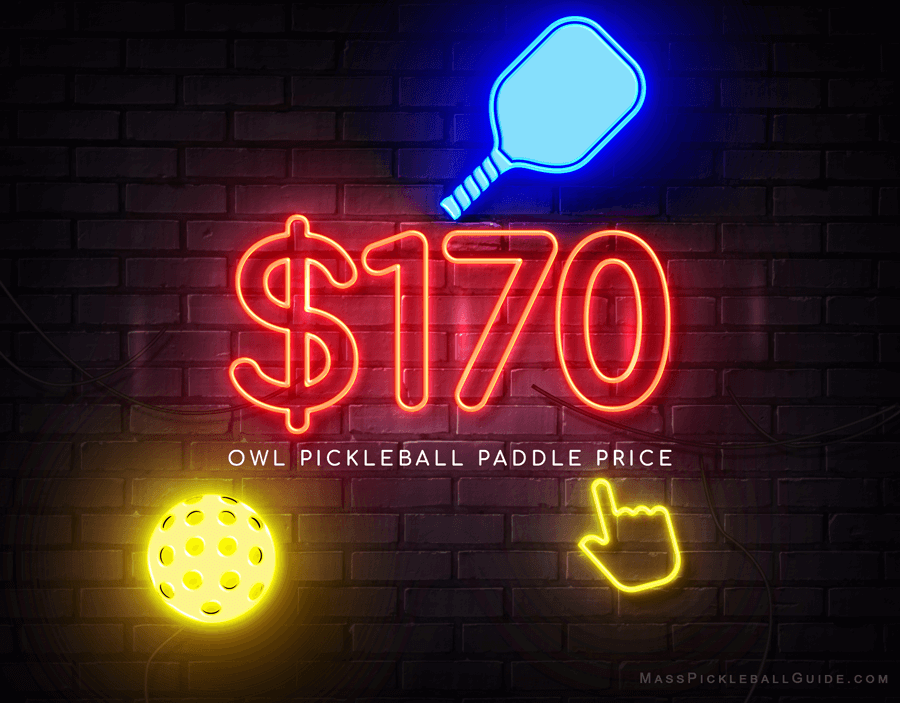
Average Cost of a Pickleball Paddle
At ~ $170, OWL pickleball paddles represent a significant investment in the sport, especially when viewed against the backdrop of the average costs associated with each level of play. For beginners, who typically spend between $30 to $60 on a paddle, this price point is almost three times their usual budget. Intermediate players, whose paddles range from $60 to $100, might also find $170 quite steep, as it surpasses the upper limit of their expected expenditure. Even advanced players, accustomed to spending between $100 to $150, might consider the OWL paddles to be on the higher end of their spectrum. This price is most aligned with the expectations of professional players, who are willing to invest in top-tier equipment. But, ironically these quiet paddles have not been approved for tournament play!
Beginner
$30 – $60
Intermediate
$60 – $100
Advanced
$100 – $150
PROFESSIONAL
$150 and above
Here’s the Big Secret…
The OWL pickleball paddles are designed specifically for recreational play. They may be appealing for players who prefer or need to play in noise-sensitive environments, like residential areas. However, it’s important to note that these paddles have not received approval for tournament play!
The lack of USA Pickleball standard approval means that OWL paddles do not meet certain criteria set for competitive play. These criteria includes specifications for paddle hardness, rebound capabilities, and surface smoothness. The standards are designed to ensure a level playing field in tournaments and to maintain the integrity of the sport. OWL does not meet these.
Since the OWL paddles are primarily designed for quietness and recreational use, they do not conform to these competitive standards. This means they are not suitable for tournament play and may even be unwelcome at certain courts if their non-compliant features are perceived to offer an unfair advantage. This could include aspects like altered ball rebound or different surface textures, which might affect the game play in ways not acceptable in standard or competitive settings.
So, while the OWL paddles offer a great option for casual, recreational players (which is the majority of pickleball players), especially in noise-sensitive areas, they are not suitable for those looking to compete in official pickleball tournaments or in environments where tournament-standard equipment is required. Players should consider their playing needs and preferences, as well as the rules and expectations of the courts where they play, when choosing a paddle.
The Bigger Picture of Noise Concerns in Pickleball
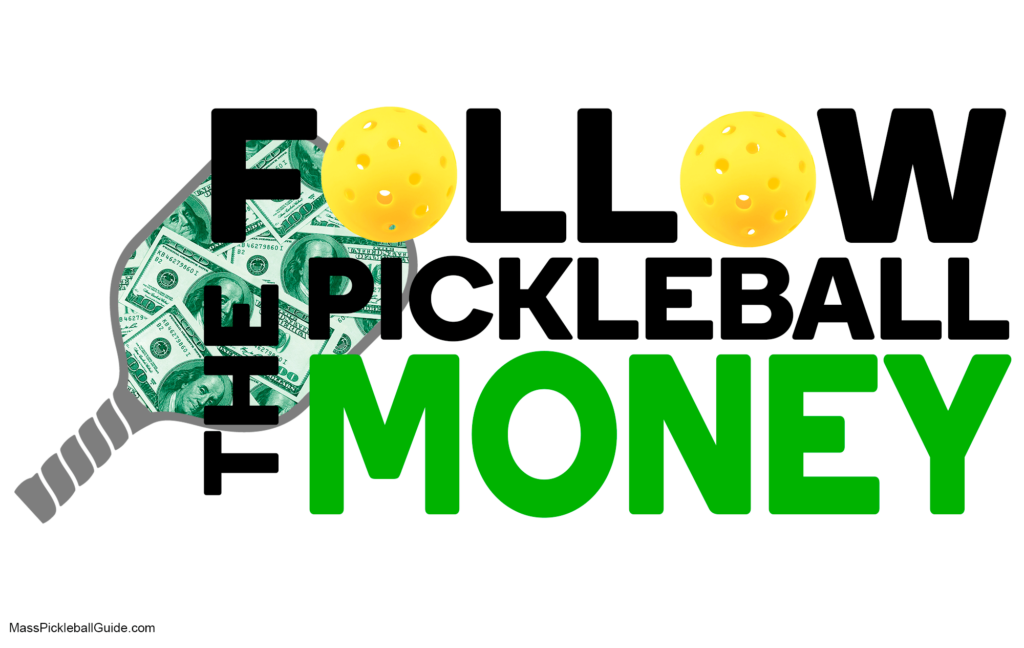
In response to growing concerns about noise in pickleball (what, you haven’t heard!?), USA Pickleball is proactively offering acoustic evaluations and assembling a team of acoustic engineers.
These experts are tasked with consulting on the design of sound-dampening pickleball courts. Additionally, the organization is motivating equipment manufacturers to produce quieter equipment suitable for competition-level play.
The Money Baby!
There is a monetary incentive associated with manufacturing and using quieter pickleball paddles like the OWL brand.
This incentive is primarily driven by the growing need to mitigate noise in residential and community areas where pickleball is played. As the sport has gained popularity, the noise generated by standard paddles has become a concern in neighborhoods and near public spaces, leading to restrictions or even bans on pickleball play in certain areas.
Pickleball Hate Crimes? Rising Tensions and Legal Battles
Quieter paddles like the OWL present a lucrative market opportunity as they address noise concerns. They enable players to continue enjoying the game in noise-sensitive areas, thus expanding the potential locations for pickleball play. This not only benefits players who seek quieter equipment for personal comfort or compliance with local noise regulations but also opens up new markets for manufacturers and retailers. Communities that previously limited pickleball activities due to noise complaints might now be more open to allowing the sport, providing a larger customer base for these specialized paddles.
And on top of that…
Property developers, community centers, and recreational facilities can see a financial benefit in adopting quieter equipment. By using quieter pickleball paddles, they can promote pickleball as an amenity in residential communities or public spaces without risking noise complaints from residents or nearby communities. This can enhance the attractiveness of these properties or facilities, potentially leading to increased property values, higher resident satisfaction, or more visitors.
To the point: the development and use of quieter pickleball paddles like those offered by OWL not only meet a growing demand for noise-conscious sports equipment but also open up new financial opportunities for manufacturers, retailers, and community facilities. This trend underscores the evolving nature of sports equipment design, where factors like community impact and environmental considerations are becoming increasingly important.
The Future of Quiet Play in Pickleball
While the OWL paddle is currently approved only for recreational use, companies are incentivized to develop quieter, competition-certified equipment. The ultimate goal of these efforts is to address noise complaints and foster wider acceptance of pickleball across various communities.
